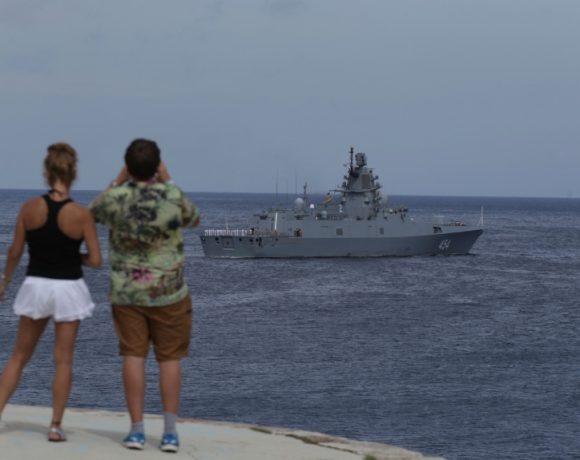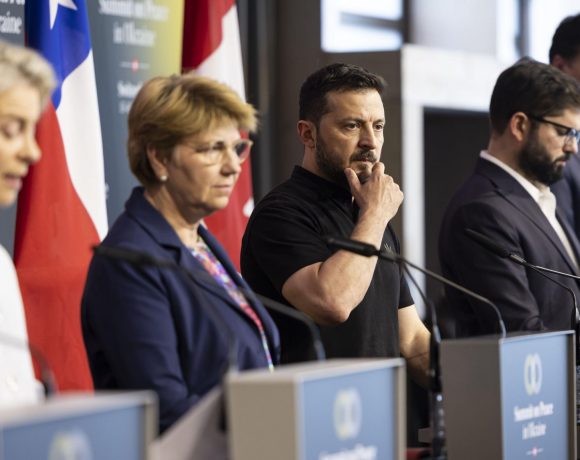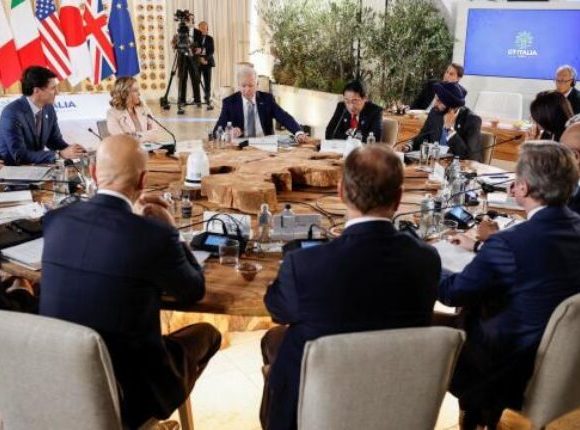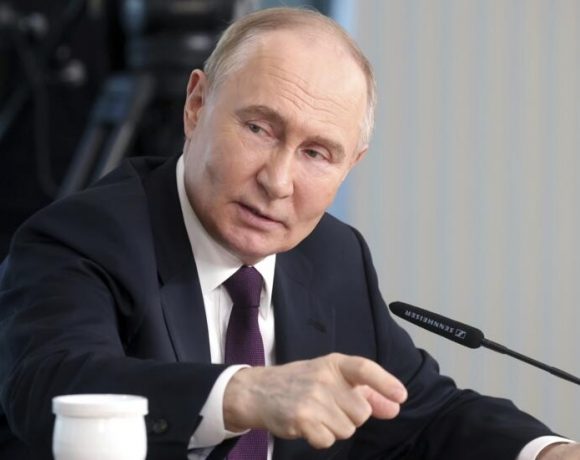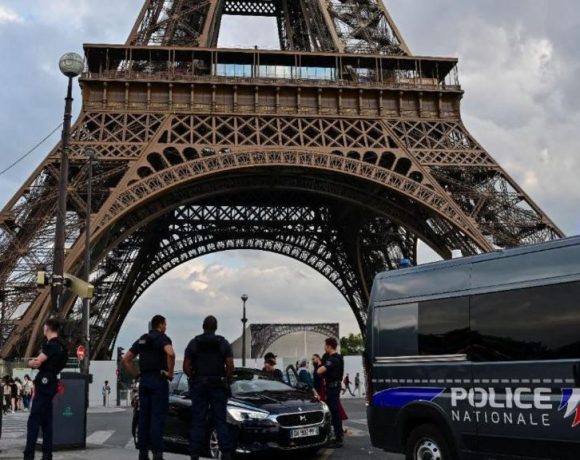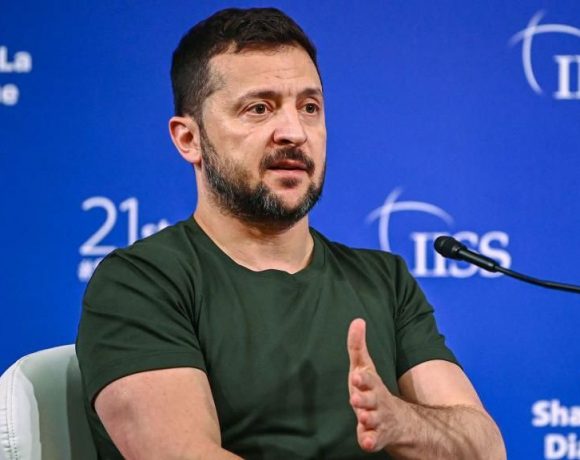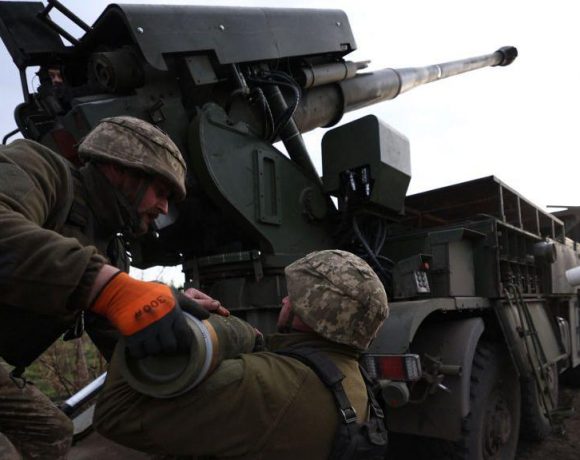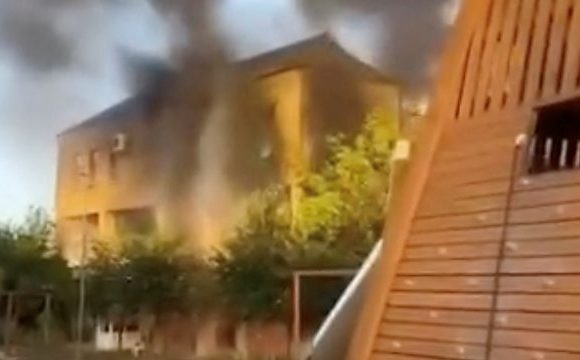
In recent events in Russia’s Dagestan region, attacks on police officers, churches, and synagogues in cities like Derbent and Makhachkala have resulted in multiple fatalities. More than 15 police officers and several civilians, including a longstanding Orthodox Church priest, were killed. The attackers, some of whom were killed and others still sought by police, have not been definitively identified, though Dagestan has previously experienced Islamist violence.
The assaults targeted Orthodox churches and Jewish synagogues during Pentecost celebrations. Footage shared on social media depicted gunmen in dark clothing attacking police vehicles and setting ablaze religious buildings in Derbent, a city with a historic Jewish community. The violence extended to other locations like Sergokal, where even a police official was detained due to alleged family involvement.
Dagestan, known for its significant Muslim population, has endured previous jihadist attacks by groups such as the Caucasus Emirate and the Islamic Emirate of the Caucasus from 2007 to 2017. Despite recent tensions linked to Ukraine and the West, Russian authorities have responded to these incidents, concluding a counter-terrorism operation following the attacks.
President Vladimir Putin has previously emphasized Russia’s stance against Islamic fundamentalist terrorism, emphasizing the nation’s unity across diverse faiths and ethnicities. However, recent events challenge this narrative amid ongoing security concerns and geopolitical tensions.
Picture Courtesy: Google/images are subject to copyright

